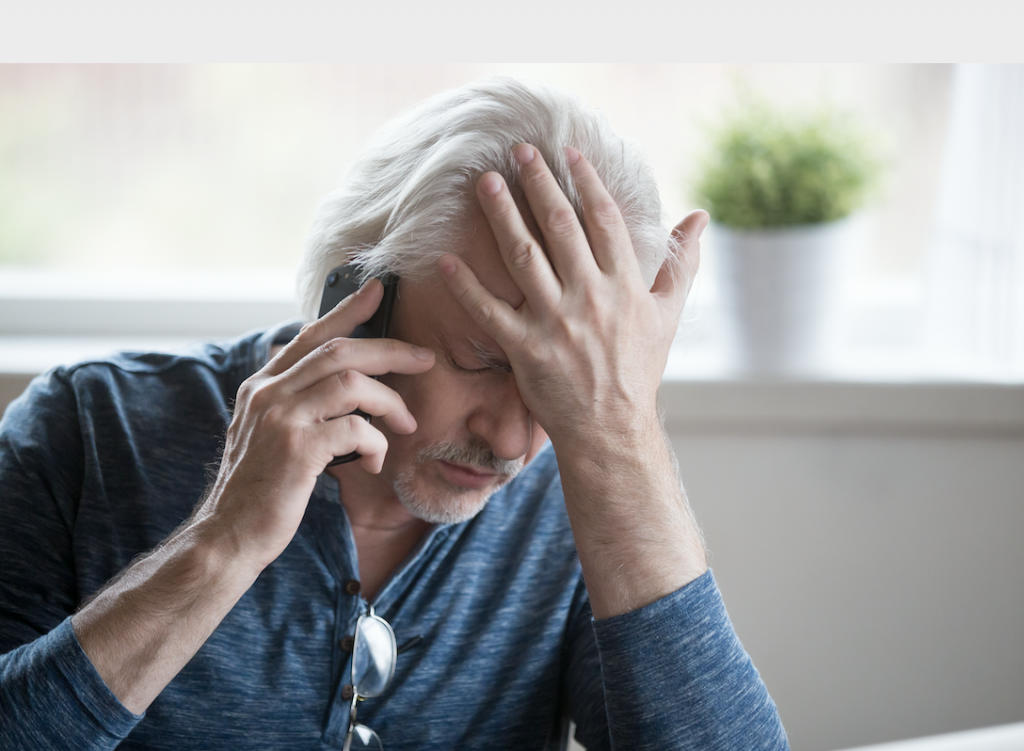The mental health of SME owners is on the decline, according to two surveys released ahead of World Mental Health Day on 10 October.
Research from insurer Simply Business found more than eight 10 SME owners believed their mental health had declined due to the pandemic.
Meanwhile, a separate survey from the Accountancy Partnership showed six in 10 SME owners experienced some kind of decline in their mental health which had led to them seeking help.
For one in four (26%), this involved speaking to a family member, friend or colleague and a further 12% turned to a professional for support and guidance.
The Simply Business survey of 765 small business owners from across the UK also found one in five (19%) described their mental wellbeing as in a ‘bad’ place.
A third (30%) had experienced depression, three in five (62%) felt the effects of stress and more than half (55%) suffered from anxiety with a similar number (51%) having also had problems with their sleep.
More than a quarter (27%) of self-employed people reported low self-esteem since the beginning of the pandemic, while a fifth (19%) experienced loneliness – heightened by various lockdowns.
As Covid restrictions took hold, a third (33%) of small business owners had to close their business at various points of the pandemic, and four in 10 (44%) were operating at a reduced capacity.
Just one fifth (21%) of self-employed people had been able to conduct business as usual.
Struggle to switch off
However, the Accountancy Partnership survey of 713 small business owners showed the pandemic was not the only contributory factor to poor mental health among this group.
Its research showed that while the pandemic had been detrimental to the mental health of the SME owners surveyed, the general strains of running a business (25%) and Brexit (19%) were cited as pressing issues as well.
The Simply Business research also found that 35% said they had struggled to switch off, with 21% saying it had affected their confidence and 22% that it had negatively impacted relationships with family or friends.
More than a quarter (28%) felt demotivated to continue with or restart their business, and 18% said they had fallen out of love with their business or the industry they worked in.
Two thirds (61%) said financial worries had negatively affected their mental wellbeing in the past 12 months. This was closely followed by not being able to see family or friends during lockdowns (60%), uncertainty surrounding their business (44%), and stress (48%).
Almost a third (28%) of SME owners cited isolation or loneliness as a factor in their poor mental health, while a quarter (24%) also attributed it to a lack of physical exercise during the height of the pandemic.
Optimism about the future
However, 39% were optimistic about the economy picking up, and a similar number felt hopeful about the future of their business (36%), and jobs and orders picking back up (35%).
A third (31%) felt positive about their business’ ability to adapt to new conditions, and a 21% were looking forward to learning new skills.
Activities such as spending more time outside, exercising, seeing friends and family, reading and gardening proved popular to improve mental wellbeing.
However, the Accountancy Partnership research showed very few SME owners were turning to digital wellbeing means such as apps or online resources – just 4% in total.
Livelihoods on the line
Commenting on its findings, Alan Thomas, UK CEO at Simply Business, said: “Few have been hit harder by the effects of the pandemic than the self-employed. Livelihoods are on the line as a result of Covid-19, with small business owners facing an unprecedented amount of pressure.
“Clearly this has had a huge impact on their wellbeing – the scale of which can be seen in the results of this study – 82% of SME owners report poor mental health, and 55% are suffering from anxiety.
“It’s a situation which should concern us all because small businesses are vital to our economy and communities – and will be central to our collective recovery. We must continue to protect small businesses – and, crucially, the individuals behind them – as much as we can.”
Meanwhile, Lee Murphy, managing director at The Accountancy Partnership, called on SME owners to reach out for help if they need to.
“This World Mental Health Day, we are encouraging SME owners to take control over their mental wellbeing and be confident that nobody is alone in finding that running a business can be mentally straining,” he said.
“It would be positive to see more entrepreneurs openly discussing mental health, offering support to peers and removing the stigma around mental wellbeing in business.”
